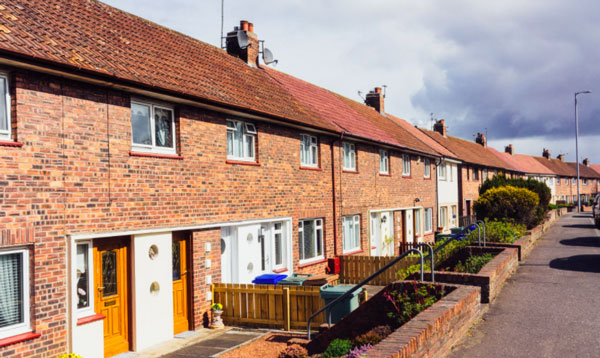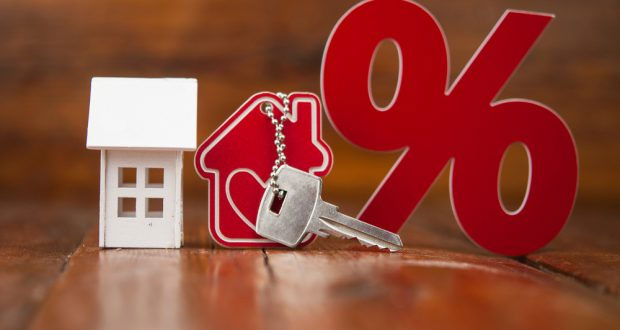A mortgage is a loan used to buy and keep up a house, land, or other residential property. The loan-to-value, or LTV, is a vital component of every mortgage. It determines how large the mortgage can be concerning the entire home value you are buying.
Therefore, a 95 LTV mortgage enables you to borrow 95% of the property's value, requiring only a 5% down payment.
Why Is Loan-to-Value (LTV) Important?
Mortgage providers typically offer a ranking system for their goods. Therefore, particular products could be available for up to 60% of the LTV. In comparison, others might be eligible for borrowers seeking up to 70% LTV, those desiring up to 80% LTV, and so on.
As you progress through the LTV stages, the products become more expensive as you accumulate more debt. This could mean an increased interest rate, more outstanding product fees, or both. If you can only make a little investment, your mortgage will eventually cost you more. This occurs because lenders perceive you as a more significant risk if you have a smaller ownership stake in your property.
Is It Possible to Get a 95 LTV Mortgage?

You will always have additional mortgage options if your mortgage is at a lower LTV. Because of the epidemic, lenders have become more hesitant about financing those borrowers, resulting in very few agreements near or even above 90% LTV.
As a result, the government established mortgage guarantee programs to cover a percentage of the loss experienced on mortgages, with LTV varying from 91% to 95%. The borrowers must stay caught up on their repayments to the extent that the lender is forced to reclaim the home. The hope is that this will make these transactions less risky for lenders to provide and, as a result, more widespread.
Pros and Cons of a 95% LTV Mortgage
Following are the Pros and cons of a 95% LTV mortgage:
Pros of a 95% LTV mortgage:
Depending on your circumstances, obtaining a 95% LTV mortgage could be wise. The following are the primary benefits of taking this route:
You'll need to put down less money.
You could be able to buy a house sooner than you thought.
Even though 95% mortgage interest rates are substantially more significant, they generally have lower monthly costs than renting privately.
In order to prevent unpleasant surprises, you may secure the highest rate when you take out a new mortgage.
Cons of a 95% LTV mortgage:
There are following cons of 95% LTV mortgage are listed below:
No matter how strong your credit is or how much cash you make, you can only obtain a maximum amount with a 95% mortgage based on the lender.
In general, the greater the loan-to-value (LTV) ratio, the greater the interest rate you will have to pay. As a result, 95% of mortgages often have higher interest rates than 90%.
When you obtain a mortgage with a small fraction down payment, you are borrowing a significant part of the home's total cost. As a result, your LTV will be high, which may necessitate paying a more considerable lending fee.
Most lenders are charging less considerable landing fees to facilitate buying your first home because there is a significant demand for 95% mortgage financing. Therefore, it is crucial to obtain impartial mortgage guidance so you can think through all your potential lending possibilities.
You might have negative equity if housing values decline since you would have only 5% of the home mortgage as a starting point. This is the scenario if your mortgage loan exceeds the home's value.
There ought to be decreased potential of this occurring once a mortgage has been paid and more of the property you own is yours.
This might take you some time to bring your LTV down sufficiently to be eligible for the typically more attractive interest rates granted by remortgage since you would be beginning with a low proportion of equity in your house.
How Likely Am I to Get a 95% Mortgage?

This has the exact requirements as mortgages, including meeting an appropriateness test that considers your income and living expenses, existing debt, and your payment history and credit rating to determine whether you can pay the mortgage. Unless you already own a home or have a mortgage on one, you will most likely be given a 95% loan.
Importance of Mortgage LTV
The loan-to-value, or LTV, is an essential component of every mortgage. It determines how large the mortgage can be about the entire home value you are buying. The greater your down payment, the lower your LTV ratio. Mortgage companies might use the LTV to decide whether one should loan you and whether private homeowner’s insurance is necessary.
How Can I Get a 95 LTV Mortgage?
You can compare lenders and submit an application online, or you may prefer to work with a mortgage lender. By discussing your needs with a neutral advisor, such as a broker, who can advise which lenders are most likely to approve your mortgage loan, you could discover the best type of mortgage for you.
Some lenders only end up making their deals available through intermediaries. Using such a broker also provides you access to a broader choice of loan possibilities because these lenders might join the program later. On the other hand, broker fees are frequently charged in exchange for their services, so there is another cost to take into account.
Conclusion
Higher loan-to-value (LTV) mortgages have become increasingly popular in recent years, and their appeal is growing due to the difficult financial circumstances that many Americans are currently facing.




